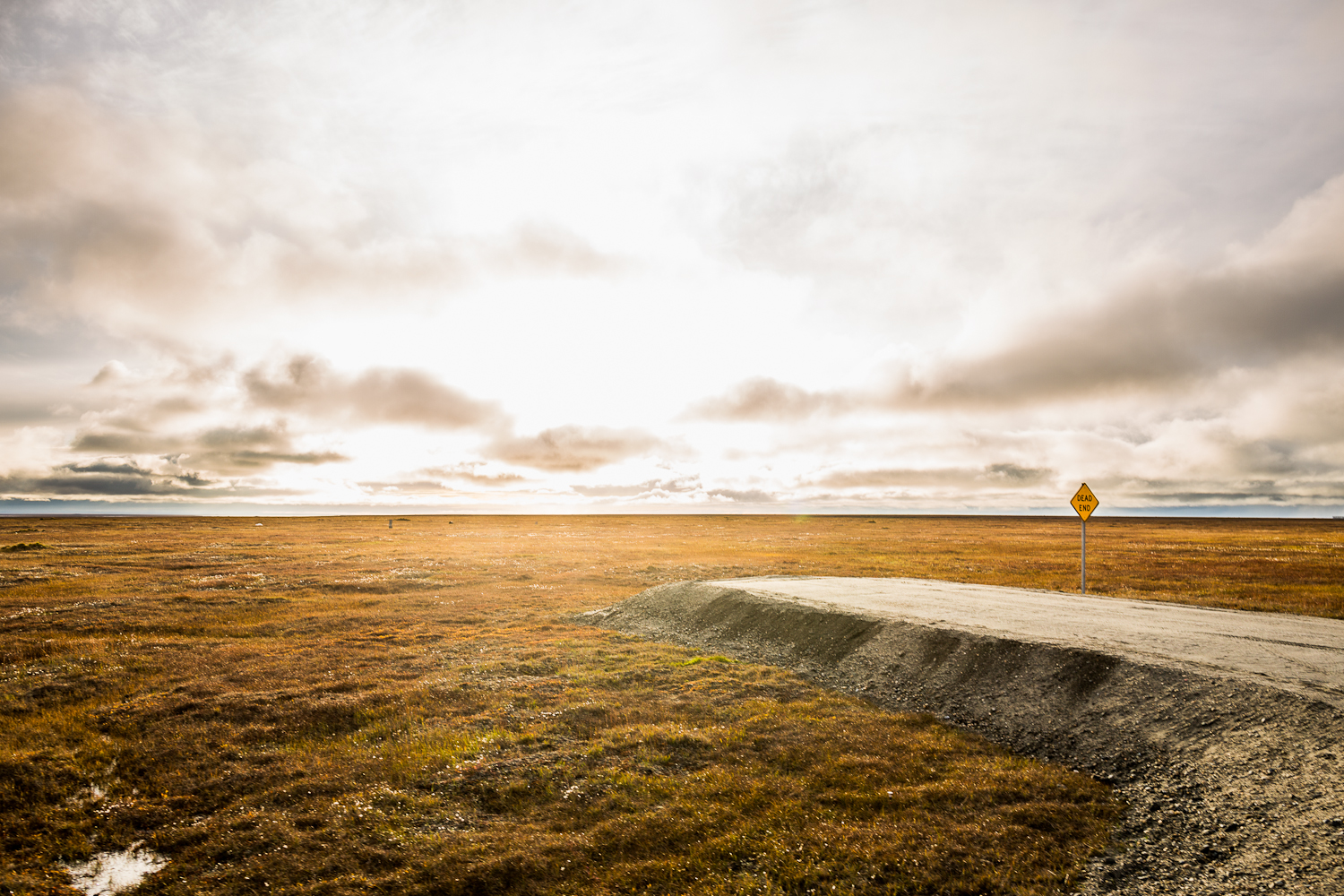Trump budget seeks to halve oil stockpile, open Arctic refuge to drilling
WASHINGTON — U.S. President Donald Trump’s White House wants to sell half of the nation’s emergency oil stockpile and open the Alaska National Wildlife Refuge to drilling as part of plans to balance the budget over the next 10 years, documents by the administration showed.
The White House budget, which will be delivered to Congress on Tuesday, is meant as a proposal and may not take effect in its current form. But it reveals the administration’s policy hopes, which include ramping up American energy output.

The U.S. Strategic Petroleum Reserve, the world’s largest, holds about 688 million barrels of crude oil in heavily guarded underground caverns in Louisiana and Texas. Congress created it in 1975 after the Arab oil embargo caused fears of long-term motor fuel price spikes that would harm the U.S. economy.
The Trump budget proposes to start selling SPR oil in fiscal year 2018, which begins on Oct. 1, with sales that would generate $500 million, according to the documents. The sales from the reserve would gradually rise over the following years, peaking at nearly $3.9 billion in 2027, and totaling nearly $16.6 billion from 2018 to 2027.
The announcement surprised oil markets, and pulled down U.S. crude prices for immediate delivery to just over $50 per barrel during Asian trading hours. [O/R]
Yet the bigger effect, if implemented, would be more long-term as it is planned to last a decade. The Brent forward curve <0#LCO:> shows prices rising toward $55.60 per barrel by April 2018, but then declining toward $53.75 per barrel by late 2018.
The White House budget plan, released just after Trump left Saudi Arabia, the defacto leader of the Organization of the Petroleum Exporting Countries (OPEC), is seen as undermining OPEC-led plans to tighten global markets by cutting production, and points toward a future of ongoing ample supplies.
Arctic drilling
The Trump budget would also seek to raise $1.8 billion over the coming decade by leasing oil in the Arctic National Wildlife Reserve, the largest protected wilderness in the United States, believed to hold rich reserves of crude.
Increased drilling in Alaska would add to rising U.S. oil production which, largely thanks to shale, has jumped over 10 percent since mid-2016 to 9.3 million barrels per day.
U.S. politicians have been debating whether to open the reserve in northeastern Alaska to drilling since the 1970s, with opponents citing the risk of spills and the contribution to global climate change.
Trump has already moved to expand U.S. offshore drilling, including in parts of the Arctic, as part of his broader effort to support the oil and gas industries. He has also moved to trim the U.S. Environmental Protection Agency, including by proposing a more than 30 percent cut to its funding.
Mick Mulvaney, the director of the Office of Management and Budget, told reporters on Monday that the overall budget proposal was part of an effort to help the U.S. economy grow at a rate of 3 percent a year.
“It drives our tax reform policy, our regulatory policy, trade, energy … everything is keyed toward getting us back to 3 percent,” he said.
The White House did not immediately respond to questions about the energy-related budget proposals.
Trump’s budget would also restart a nuclear waste fund that would bring in more than $3 billion by 2027.
The Obama administration stopped charging nuclear energy utilities the fee in 2014 after it stopped the licensing process for Nevada’s Yucca Mountain – a waste dump that cost the government billions of dollars but never opened.
The Trump administration proposed reviving Yucca in details of the budget released in March.
Additional reporting by Henning Gloystein in Singapore.